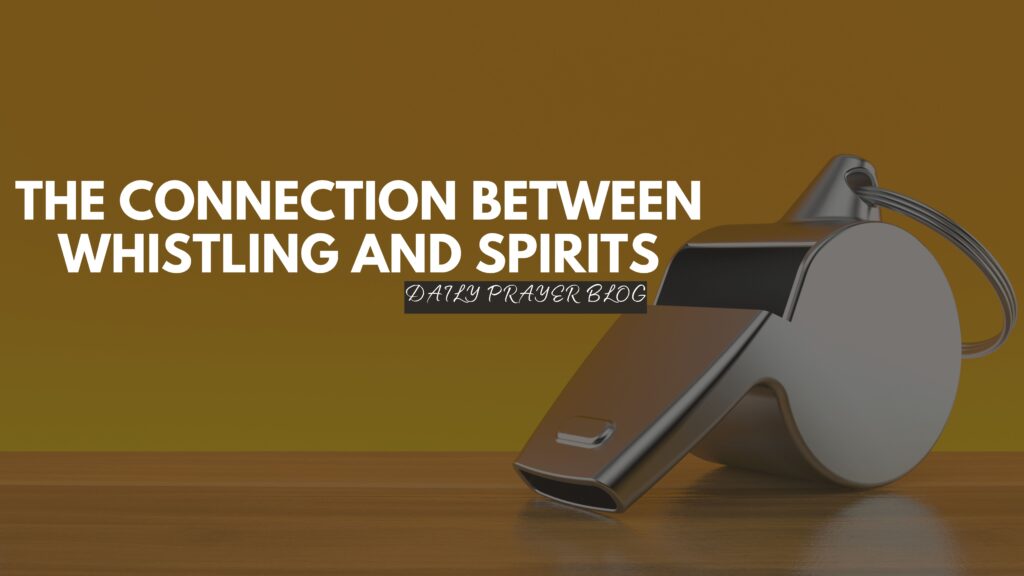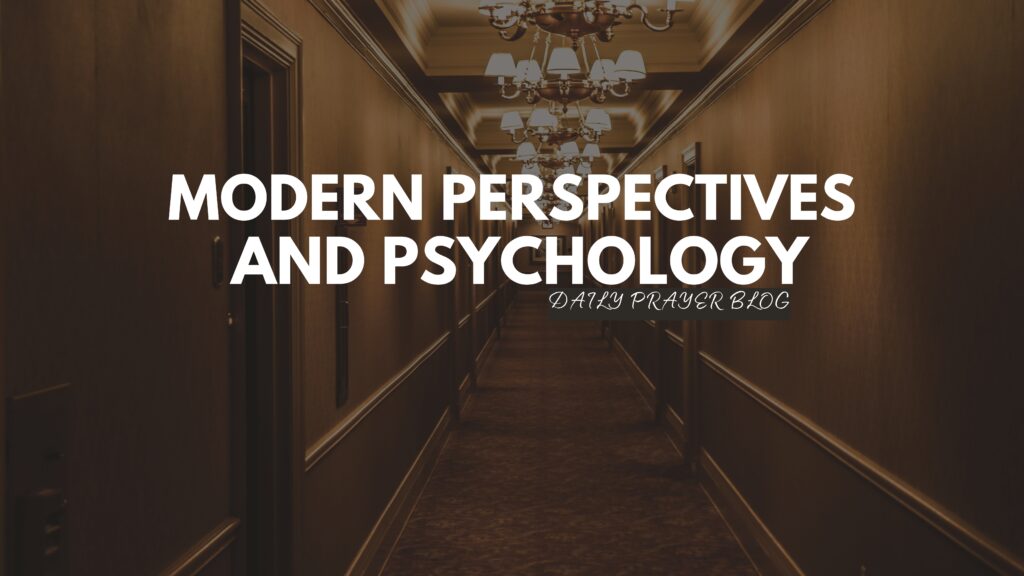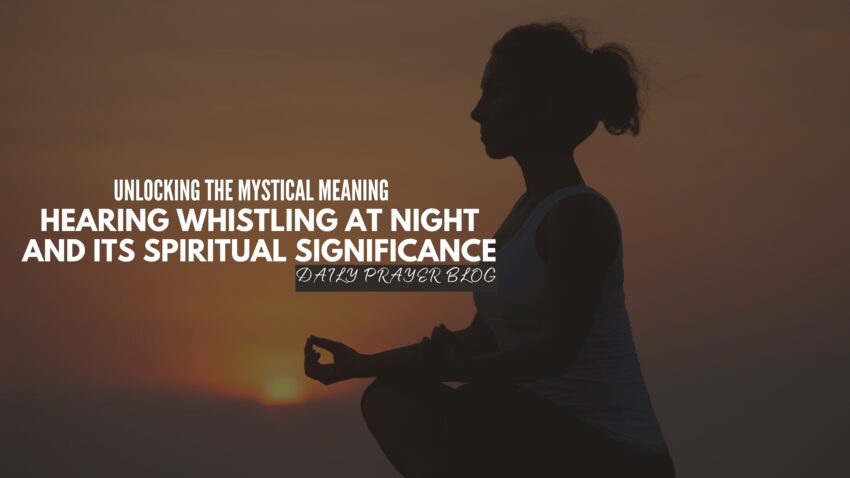Imagine you’re in the quiet of the night, and suddenly, you hear a distant whistle. Your curiosity is piqued, and you wonder what it means. Is it just the wind playing tricks on your ears, or is there something more profound to this nighttime sound? In this article, we’ll delve into the mystical world of hearing whistling at night and its spiritual significance.
The Science Behind Whistling Sounds
Before we explore the spiritual aspects, let’s look at the scientific explanation. Whistling sounds at night are often attributed to natural phenomena like wind, atmospheric pressure changes, and temperature fluctuations. Understanding these factors can help demystify the experience.
Whistling as an Age-Old Omen
Throughout history, whistling at night has been considered an omen, signaling both good and bad events. This belief is deeply rooted in folklore and superstitions, and it varies from culture to culture.
Cultural Beliefs Around Whistling at Night
Different cultures have their unique interpretations of nighttime whistling. We’ll explore the diverse beliefs and traditions associated with this phenomenon, from Eastern Europe to the Americas.
Spiritual Interpretations
Many spiritual traditions attribute mystical significance to whistling sounds at night. We’ll explore these interpretations, including the idea that it may be a form of communication from the spirit world.
The Connection Between Whistling and Spirits

There’s a widespread belief that hearing whistling at night could be a sign of spirit presence. We’ll delve into this connection and the spiritual practices associated with it.
Whistling in Dreams
What about hearing whistling in dreams? Can it hold a hidden message or symbolism? We’ll investigate dream interpretations and the potential spiritual guidance offered through nocturnal whistling.
Common Myths and Misconceptions
There are numerous myths and misconceptions about nighttime whistling. We’ll debunk some of these and shed light on the truths behind this enigmatic phenomenon.
Personal Experiences and Anecdotes
Real-life stories and personal experiences often provide insight into the mystical meaning of nighttime whistling. We’ll share some intriguing anecdotes that will leave you pondering its spiritual significance.
How to Respond to Nighttime Whistling
If you’ve ever encountered whistling at night, you may wonder how to respond. We’ll provide tips on how to react, from embracing the experience to seeking spiritual guidance.
Protection Against Negative Energy
For those concerned about negative energy associated with whistling at night, we’ll discuss protective measures and rituals to ward off potential harm.
The Role of Animals in Whistling Beliefs
Animals have often been linked to spiritual interpretations of whistling. We’ll explore the significance of animals in these beliefs and why they play a crucial role.
Whistling in Various Religions
Many religions have their own views on whistling, both positive and negative. We’ll examine how different faiths perceive this nighttime sound.
Modern Perspectives and Psychology

From a modern perspective, we’ll delve into the psychological and scientific explanations for hearing whistling at night, offering a well-rounded understanding of this phenomenon.
Conclusion
In conclusion, the mystique surrounding whistling at night is a multifaceted topic that combines scientific, cultural, and spiritual elements. Whether you consider it an omen, a message from the spirits, or merely a natural occurrence, the significance of hearing whistling at night is as diverse as the night itself.
FAQs
Not necessarily. While it has been associated with negative events, some cultures believe it can bring good fortune.
Various rituals, such as lighting candles or using protective talismans, are believed to provide protection.
Yes, some historical events have been associated with whistling sounds, often seen as precursors or omens.
Many cultures believe that animals are more attuned to spiritual occurrences, and their reactions are significant.
Scientifically, many occurrences of nighttime whistling can be attributed to natural atmospheric factors, but the interpretation of these sounds remains subjective and diverse.
